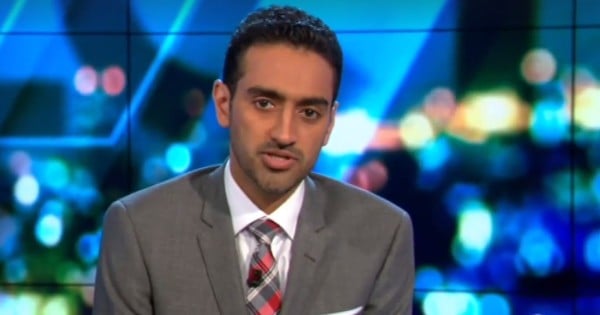
Later this year the support being offered to victims of domestic violence and sexual assault will be dramatically altered due to government restructure plans.
Currently, callers to 1800 Respect, Australia’s primary domestic violence and sexual assault hotline, are connected immediately with a psychologist who holds a four year tertiary degree and has three years experience in trauma.
But under the new model, callers will be connected to someone with a lesser degree and fewer years of experience before being placed on hold and transferred to another area. And if you think that sounds eerily like a call you’d make to your bank or energy provider or any other standard service, you’re not wrong. Because that’s essentially how the changes will treat women who are currently or previously have experienced extreme trauma.

